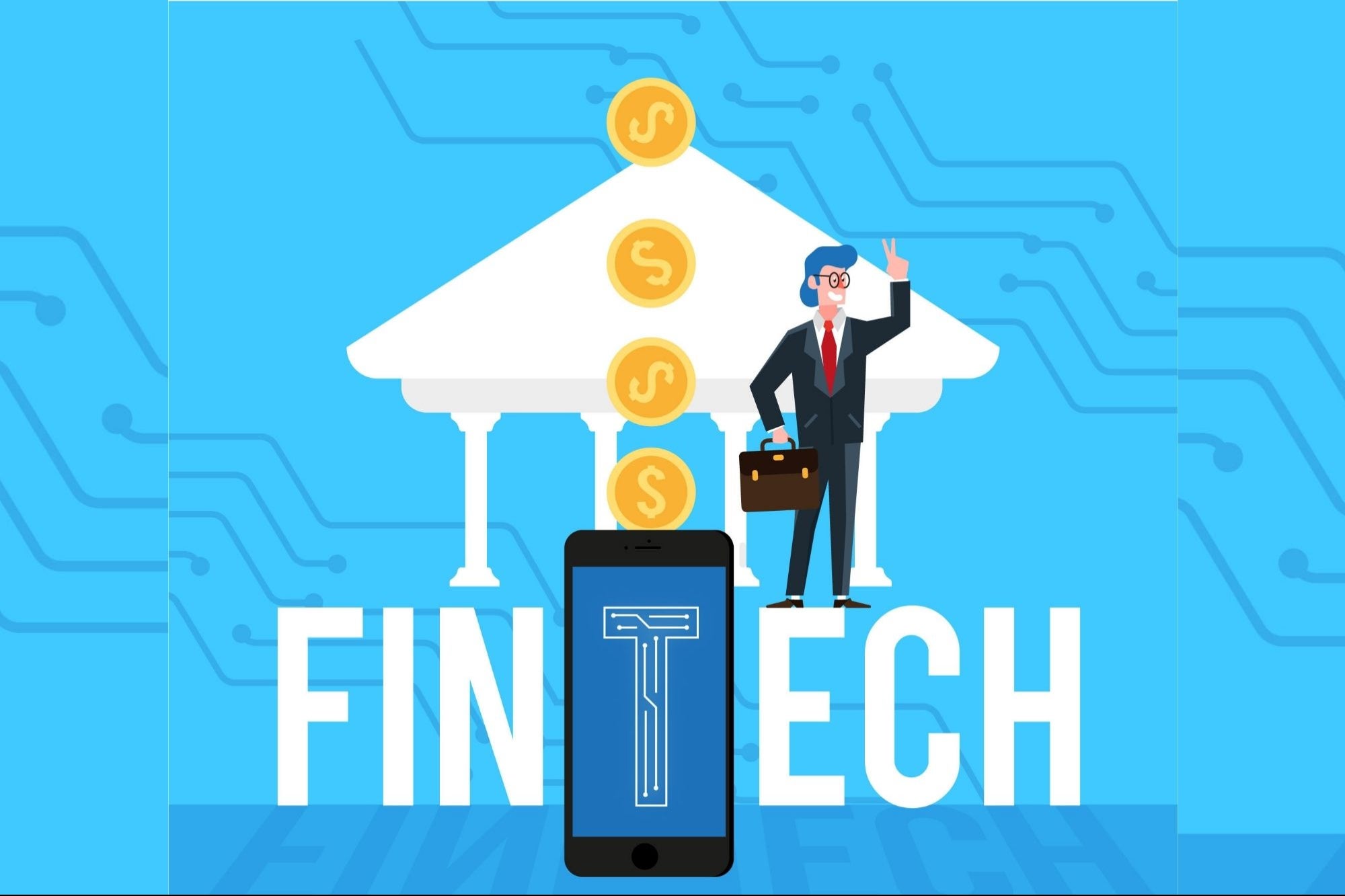Fintech Transcending the Boundaries Of Traditional Lending Culture in India The introduction of fintech companies and their customer-centric offerings have entirely revolutionized India's banking and financial services ecosystem
By Rajith Shaji
Opinions expressed by Entrepreneur contributors are their own.
You're reading Entrepreneur India, an international franchise of Entrepreneur Media.

At one point in our lives, all of us have been advised never to borrow money because once this one-off loan-taking turns into a habit, we'll doom ourselves into a debt trap; paying off one lender by lending money from another. This common belief shared by a large section of Indians is due to the legacy banking and lending institutions having a long-established oligopoly, controlling the credit costs and supply of credit, in terms of interest rates and ancillary activities such as attaching collateral with an iron fist.
In recent years, however, the introduction of fintech companies and their customer-centric offerings have entirely revolutionized India's banking and financial services ecosystem.
Financial technology companies, commonly referred to as fintechs, have been instrumental in ushering in a lending culture reset, allowing the average Indian to shed off the negatives associated with acquiring loans. From personal loans to business credit and student loans, fintech companies have redefined credit from a constant, scary liability to a strategic business/life decision for the common person.
By offering digital credit to clients with faster credit analysis, better customer service, and staggeringly lower interest rates, fintech has influenced and won over a significant portion of the market previously captured by traditional lending institutions in India.
How is fintech making big waves in the lending industry?
In a heavily debit card-reliant country like ours, fintech is reigniting the benefits of using credit cards through various payment products and instruments, along with handsome perks and rewards. According to research by the RBI in 2021, credit card issuance has seen a rapid compound annual growth rate (CAGR) of 20 per cent, with more than 60 million credit cardholders. What has led to this meteoric rise of fintech in a traditionally consolidated market?
Collateral-free loans
Back when people had limited lending choices, banks would require borrowers to provide collateral to establish creditworthiness and the ability to recover their loan money by seizing said collateral in case of defaulters. This proved a significant drawback for genuine borrowers who wished to avail credit without pawning their personal assets. Fintech companies solved this problem by using big data to assess their clients' creditworthiness through credit bureaus, and incentivize repayments to ensure timely debt collection.
Reduction in switching costs
Fintech has single-handedly reduced the cost borne by customers when it comes to choosing a credit provider. While legacy lending solutions are rigid and bureaucratic in their services, fintech companies are more flexible and accessible to clients. Customers can access digital lending services from a different state or country with as much ease as a local bank. Fintech's wide-ranging compatibility and minimal user interaction to successfully avail credit has reduced search and switching costs in India.
Faster credit approvals
Fintech has massively paved the way for finance automation and revamping legacy IT systems. While many banking and lending organizations have introduced digital lending solutions, they have been highly cumbersome for the most part. Unlike traditional loans that can take up to 6 weeks to get approved and processed, fintech companies offer instant loans that can be approved within 48 hours.
Fintech vs. banks: Friends or foe?
For the traditional credit providers that had a massive hold over most of the market, fintech companies might appear like an aggressive species, an open threat to their existence. While fintech's disruptive technologies can make traditional banks appear ancient in their processes, fintech lacks the resources to enter capital-heavy services such as mortgages alone.
As per World Fintech Report 2018, more than 75% of fintech desire to partner with traditional lending platforms. By leveraging big data, innovative fintech solutions, and banking distribution infrastructure, the Indian lending culture can experience a massive shift. This collaboration has already been done by some banks to generate quick credit for their customers on a prepaid basis.
RBI crackdown on digital lending norms: What is the future of fintech?
RBI's recent ruling barred fintech companies that are non-bank prepaid payment instrument (PPI) issuers from loading credit lines and issuing "credit cards" through this process. This ruling will result in a major business model upheaval for NBFC-linked wallets that offer a "Buy Now, Pay Later" (BNPL) system with on-demand loans. While many notable and well-funded fintech companies will be directly affected by this ruling, the most affected will be the consumers and merchants that might end up in a debt trap with what essentially are loan+prepaid cards.
What does this mean for fintech at large? While this ruling may pose serious problems for fintech companies partnering up with NBFCs to offer credit lines through digital wallets, fintech lending institutions partnered with recognized banks such as the State Bank of Mauritius (SBM) are unlikely to be affected.










